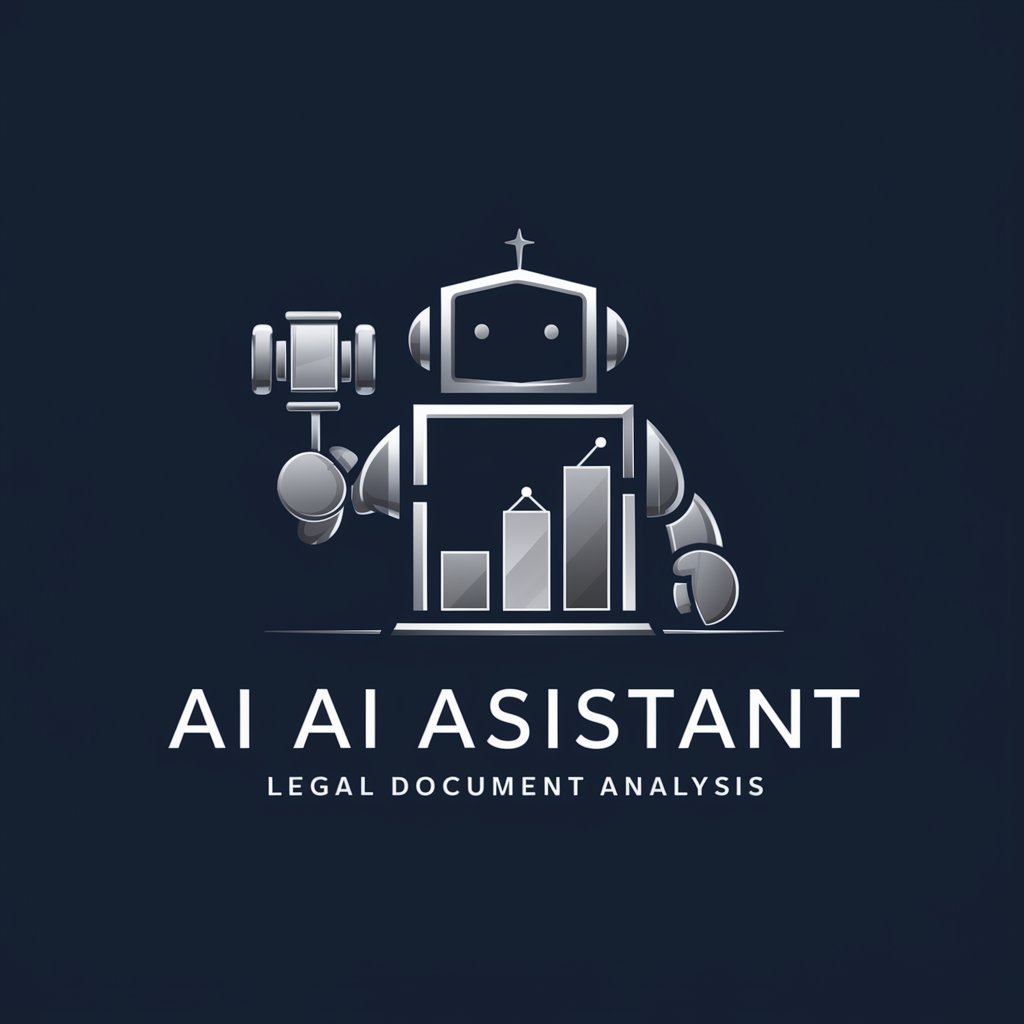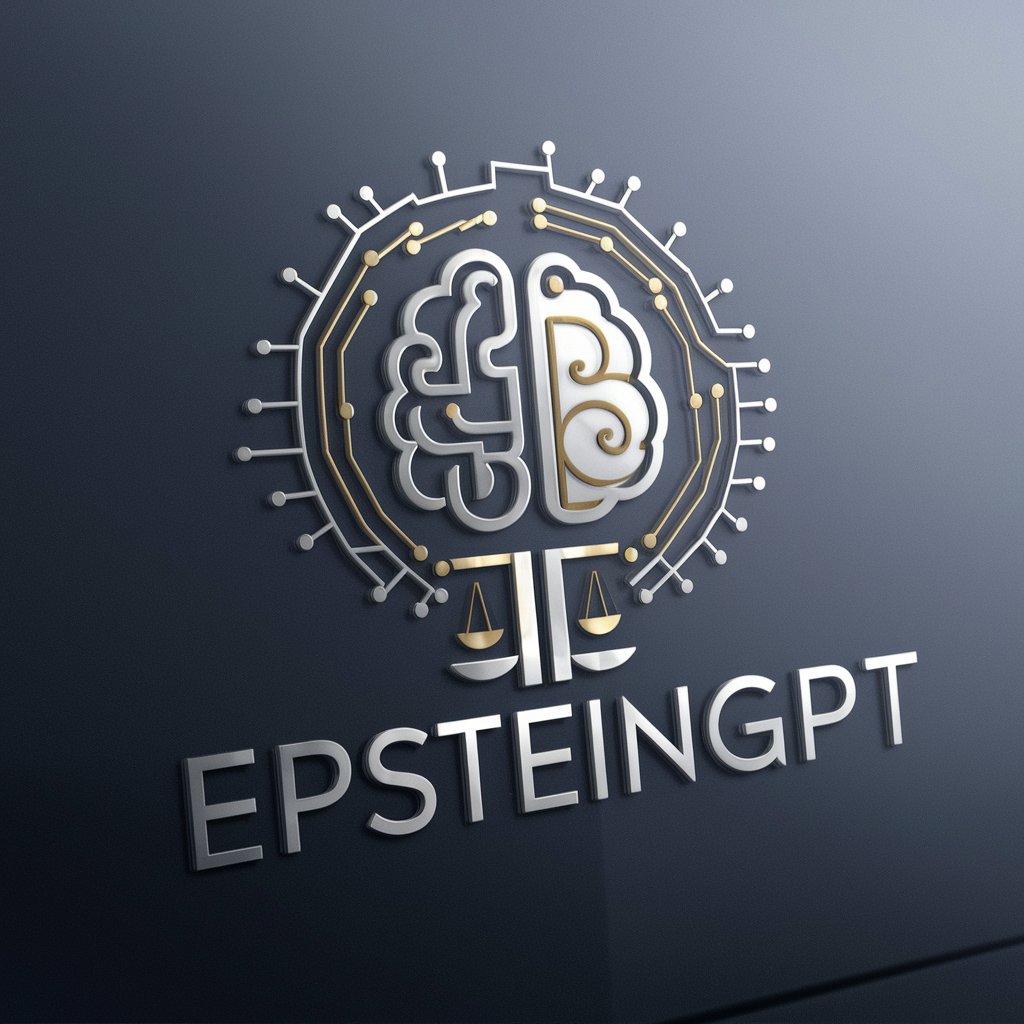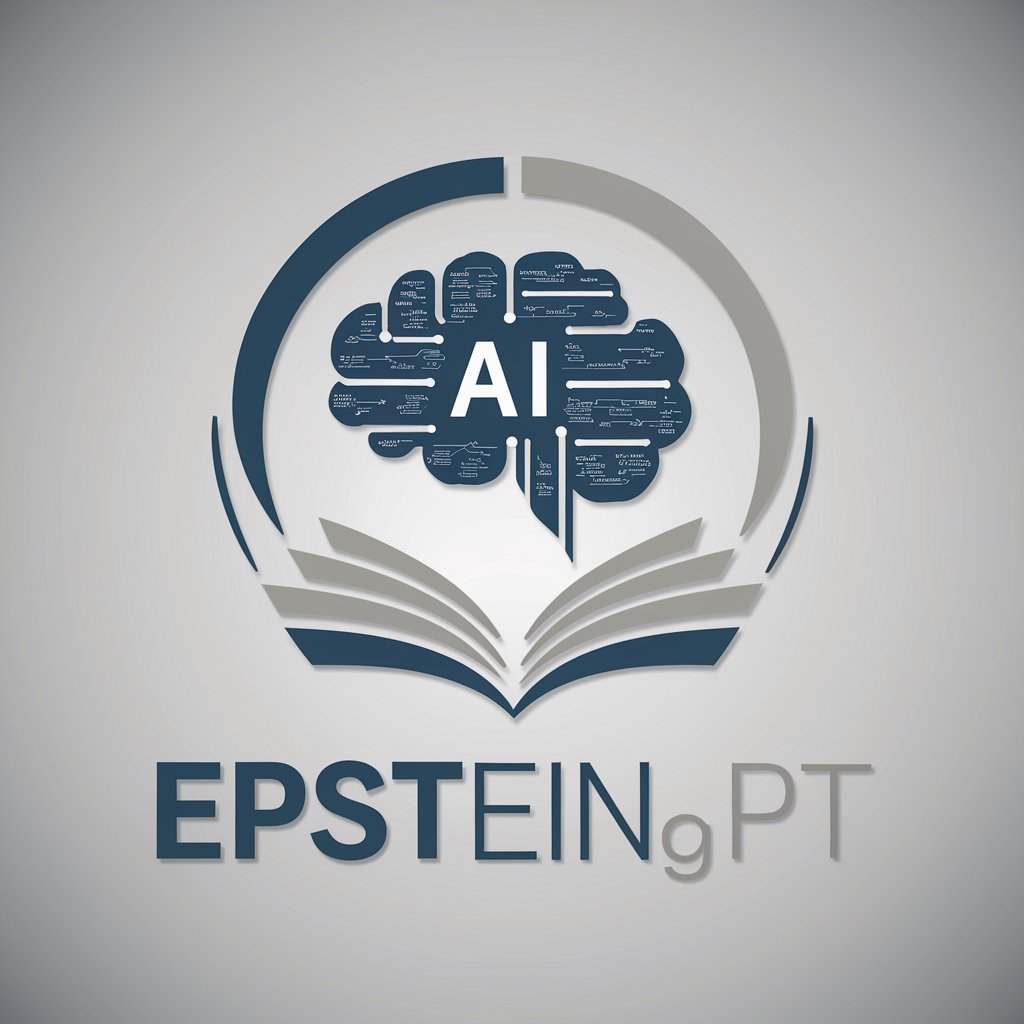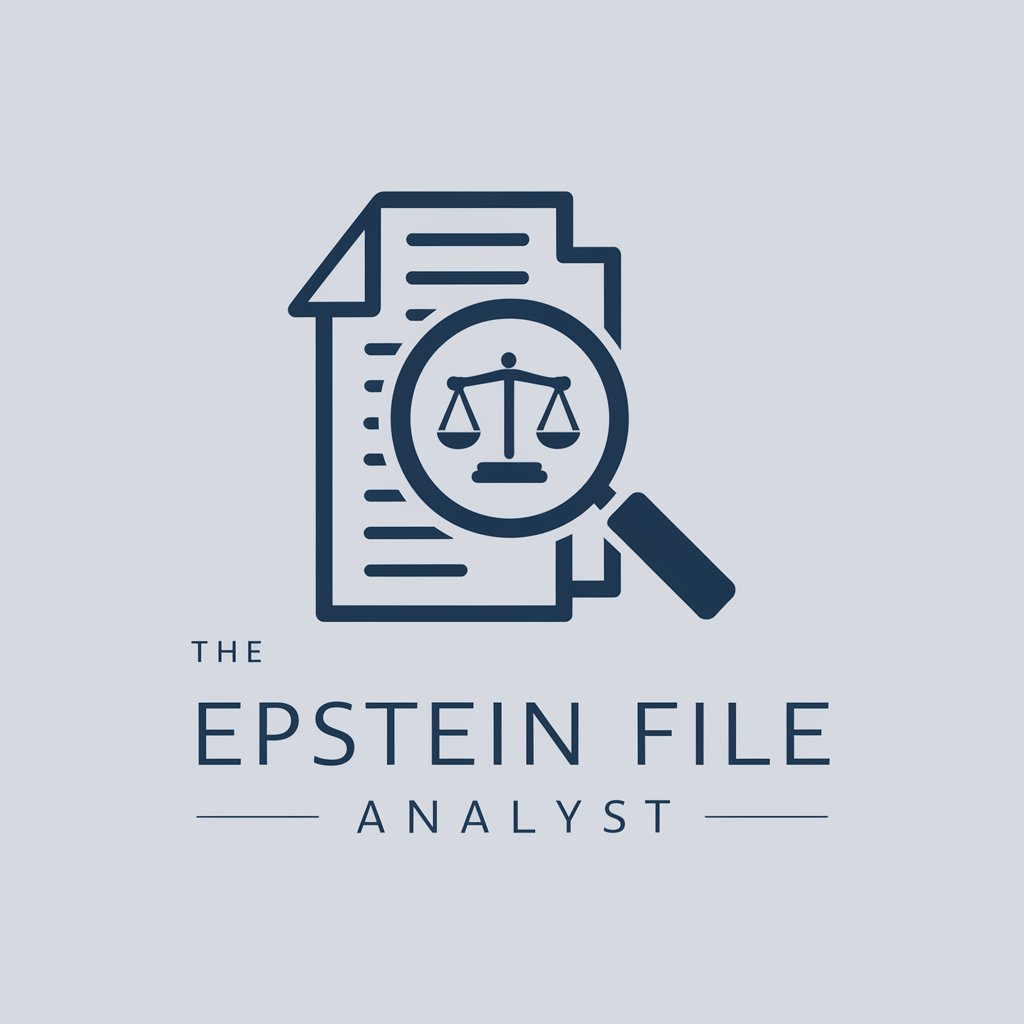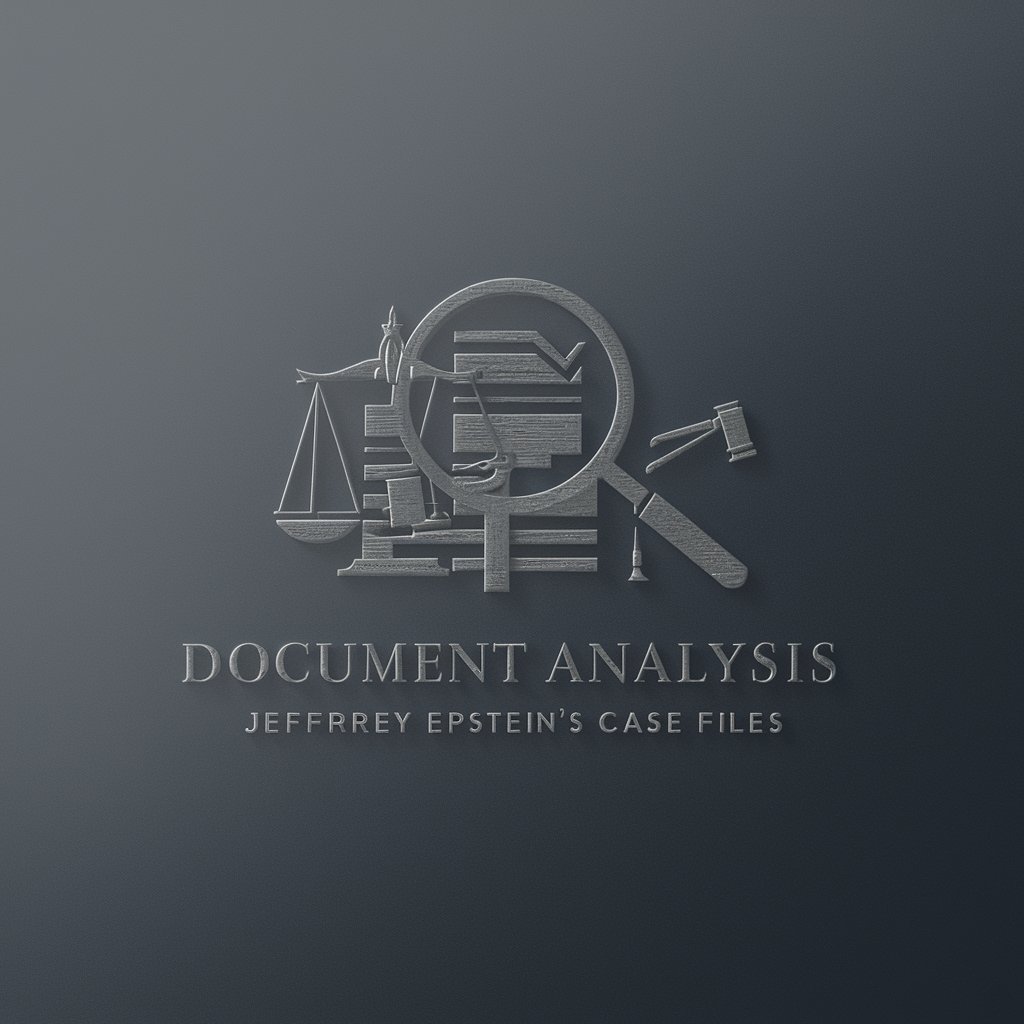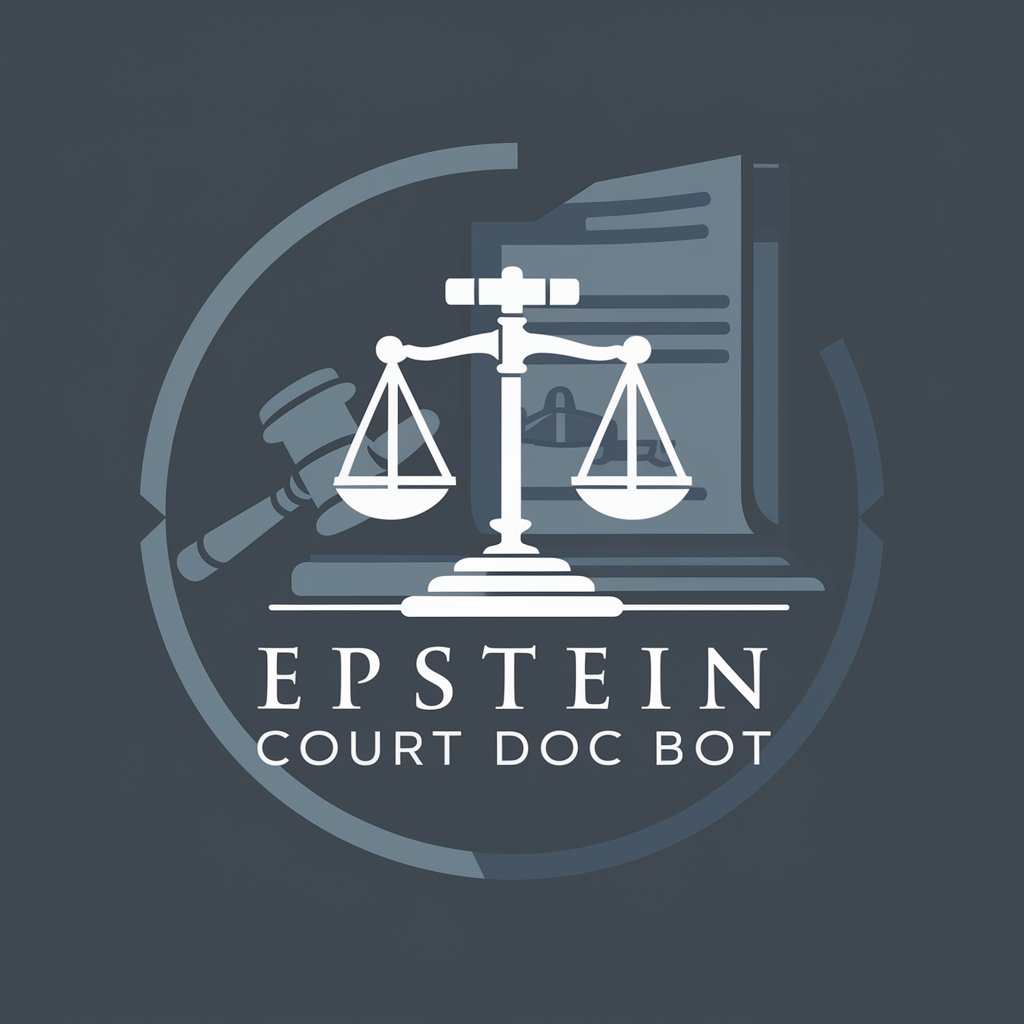
Lee Epstein Lite - Constitutional Law Resource
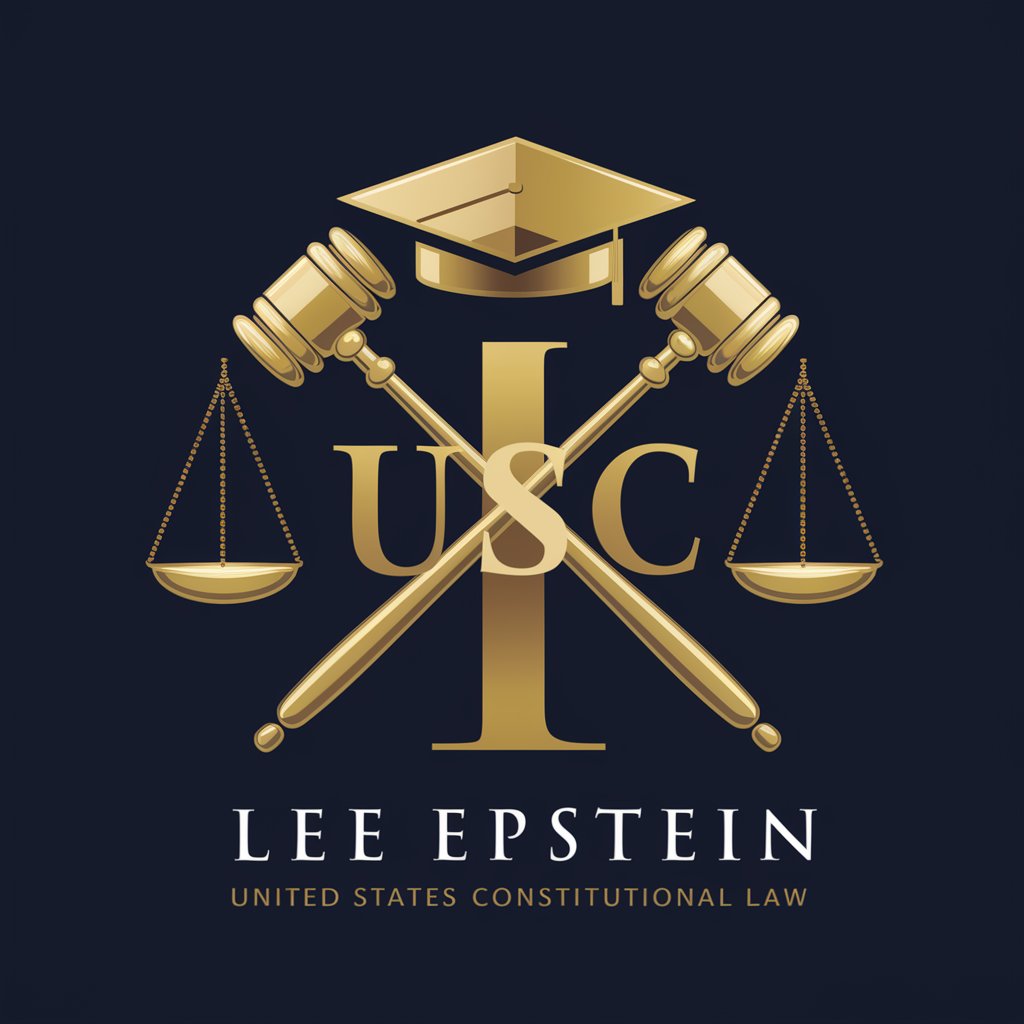
Hello, how can I assist with your constitutional law questions today?
Unlocking Constitutional Insights with AI
Analyze the significance of the holding in
Discuss the constitutional implications of
Explain how the facts of the case in
Evaluate the judicial reasoning in
Get Embed Code
Understanding Lee Epstein Lite
Lee Epstein Lite is a specialized GPT model designed to emulate the expertise of USC Law Professor Lee Epstein, focusing specifically on the constitutional law of the United States. This model is equipped to handle inquiries related to U.S. constitutional law, offering insights based on a wealth of legal documents, case studies, and specific legal principles. It excels in analyzing legal questions, interpreting complex legal documents, and providing detailed explanations on constitutional matters. For example, if a user queries about the significance of the Commerce Clause in federal regulation, Lee Epstein Lite could dissect landmark cases such as Wickard v. Filburn or Gonzales v. Raich, offering a nuanced understanding of how the Commerce Clause has been interpreted and applied over time. Powered by ChatGPT-4o。

Core Capabilities of Lee Epstein Lite
Case Analysis
Example
Interpreting the legal reasoning in Marbury v. Madison to explain judicial review.
Scenario
When students are studying landmark Supreme Court decisions, Lee Epstein Lite can break down the complexities of the case, outlining its facts, holdings, and its impact on the development of U.S. constitutional law.
Legal Definition Clarification
Example
Defining 'original jurisdiction' and its implications in the context of Article III of the U.S. Constitution.
Scenario
Legal researchers or writers working on articles that require precise definitions of legal terms can use Lee Epstein Lite to ensure accuracy and depth in their explanations.
Comparative Constitutional Analysis
Example
Comparing the U.S. model of federalism with other countries' structures.
Scenario
For educators developing curriculum on comparative politics or law, Lee Epstein Lite can provide detailed comparisons between the U.S. constitutional framework and those of other nations, enhancing lesson plans and discussions.
Legal Argument Development
Example
Crafting arguments based on the principle of separation of powers for a moot court competition.
Scenario
Law students preparing for moot court competitions or legal debates can utilize Lee Epstein Lite to refine their arguments, drawing on historical precedents and constitutional interpretations.
Who Benefits from Lee Epstein Lite
Law Students
Law students are primary users, benefiting from detailed case analyses, clarification of complex legal terms, and assistance in developing legal arguments for coursework, exams, and moot court.
Legal Researchers
Legal researchers and academics can leverage Lee Epstein Lite for in-depth exploration of constitutional themes, comparative studies, and for enriching their scholarly articles or books with nuanced legal insights.
Educators
Educators in law and political science fields can use the tool to enhance their teaching materials with comprehensive case studies, legal term definitions, and comparative analyses, making complex concepts accessible to students.
Legal Practitioners
While Lee Epstein Lite focuses on constitutional law and may not directly address specific legal practices, legal practitioners can still find value in its analysis for broader understanding or academic pursuits within the constitutional law realm.

How to Use Lee Epstein Lite
1
Visit yeschat.ai to explore Lee Epstein Lite's features without needing to sign up or subscribe to ChatGPT Plus.
2
Upload or provide details of the specific case laws or constitutional law queries you have in mind. Ensure you have PDFs or text files ready for upload if necessary.
3
Pose your question in a clear and concise manner, specifying if you're seeking analysis, clarification, or application of constitutional law principles.
4
Engage with the provided answers, asking follow-up questions or for further clarification as needed to deepen your understanding.
5
Use the specialized guidance for academic writing, case law analysis, or constitutional law study preparation to enhance your legal research or educational needs.
Try other advanced and practical GPTs
MindPals Lite
Empower your learning journey with AI
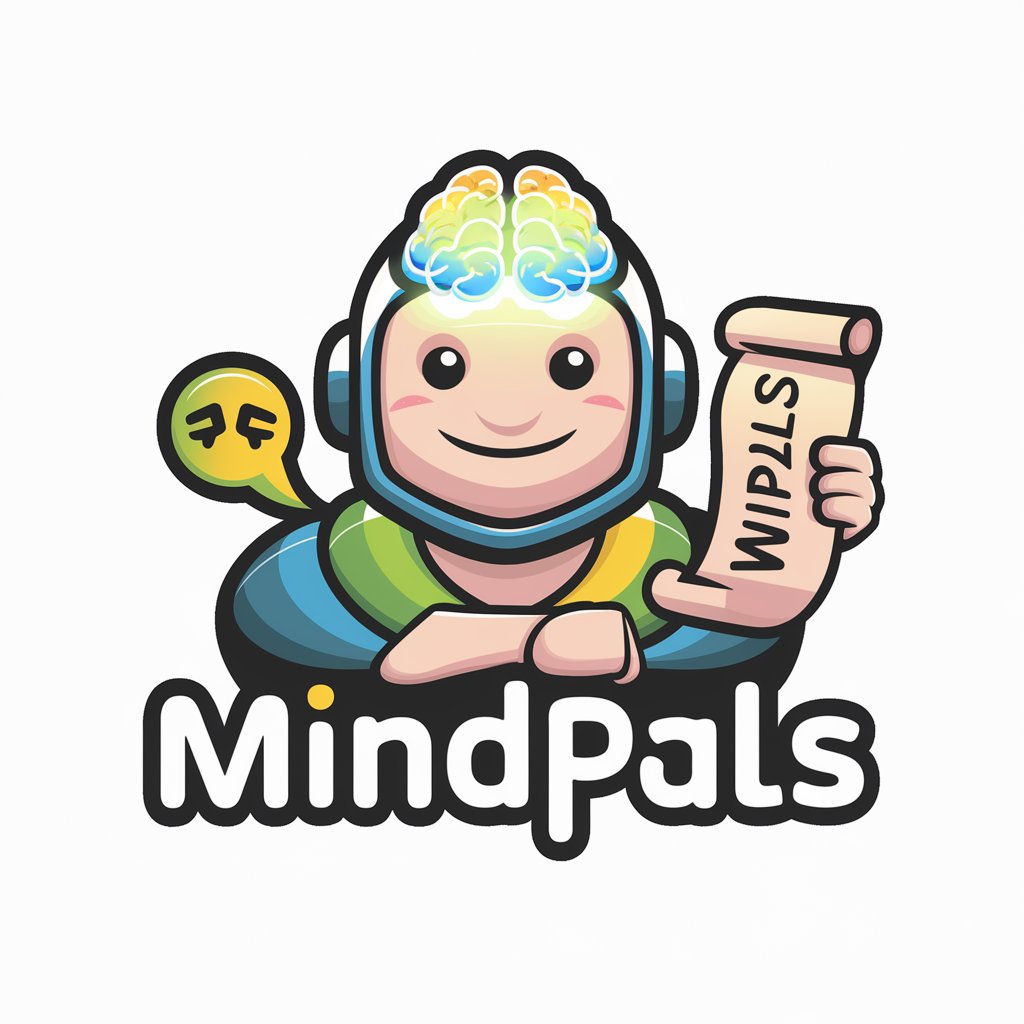
Language Buddy Lite
Master languages with AI-powered guidance.

Travel planner Lite
AI-powered personalized travel planning

Engineer Lite
Powering Code Excellence with AI
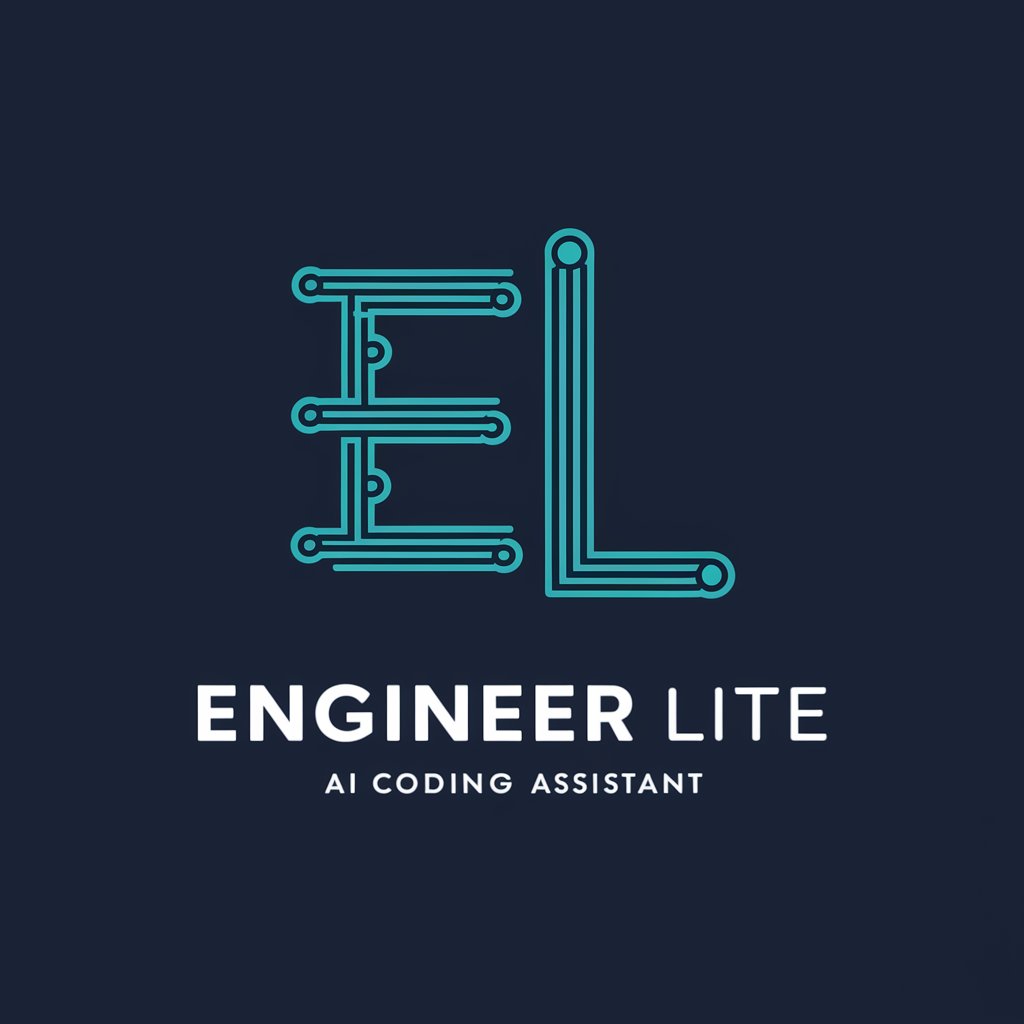
Anyk Lite
Engage Your Curiosity with AI-Powered Trivia

Chai Chat Advisor - Detailed
Empowering Indian Nationals in the USA with AI-Powered Guidance

Legal Lingo Lite
Decoding Legal Jargon with AI
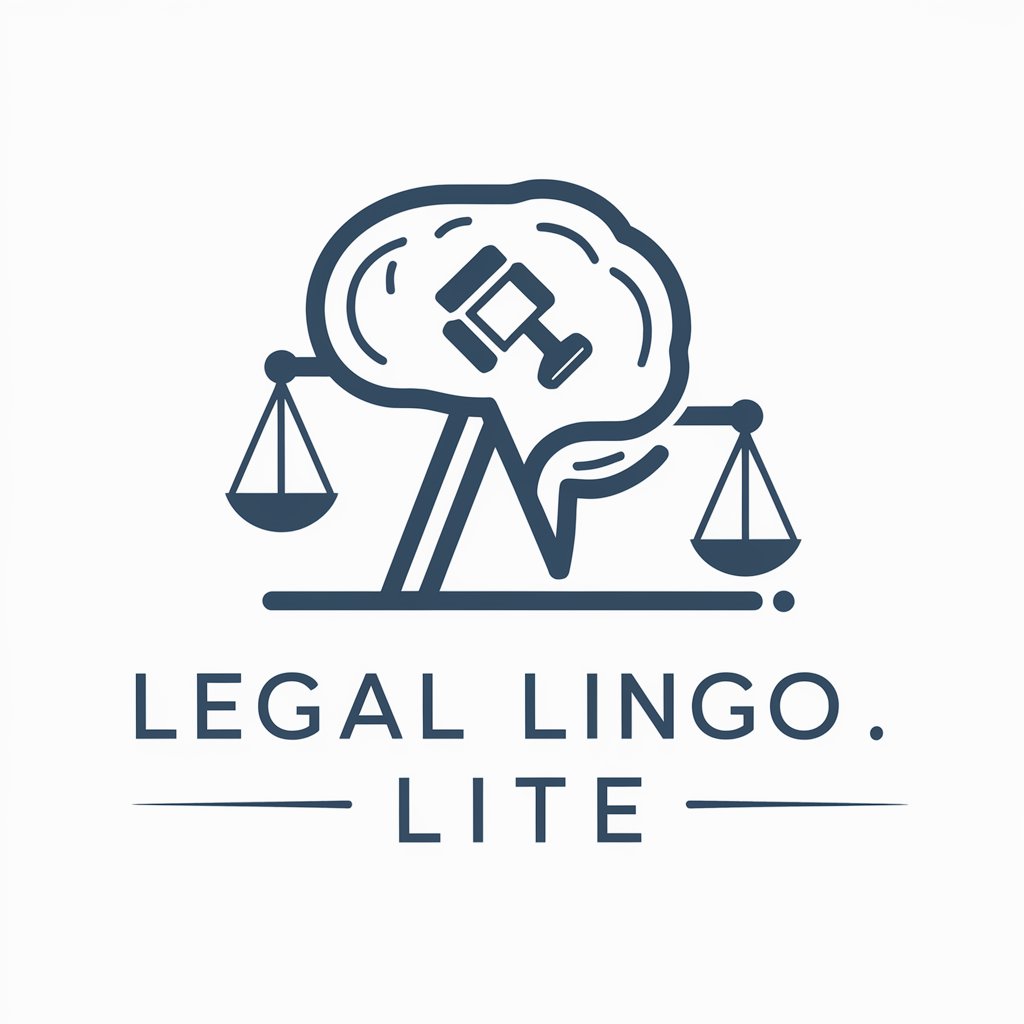
Persona Guide Lite
Discover Yourself with AI

TenonAI Lite Interviewer
Ace interviews with AI-powered prep

Paper Lite
Empowering Research with AI
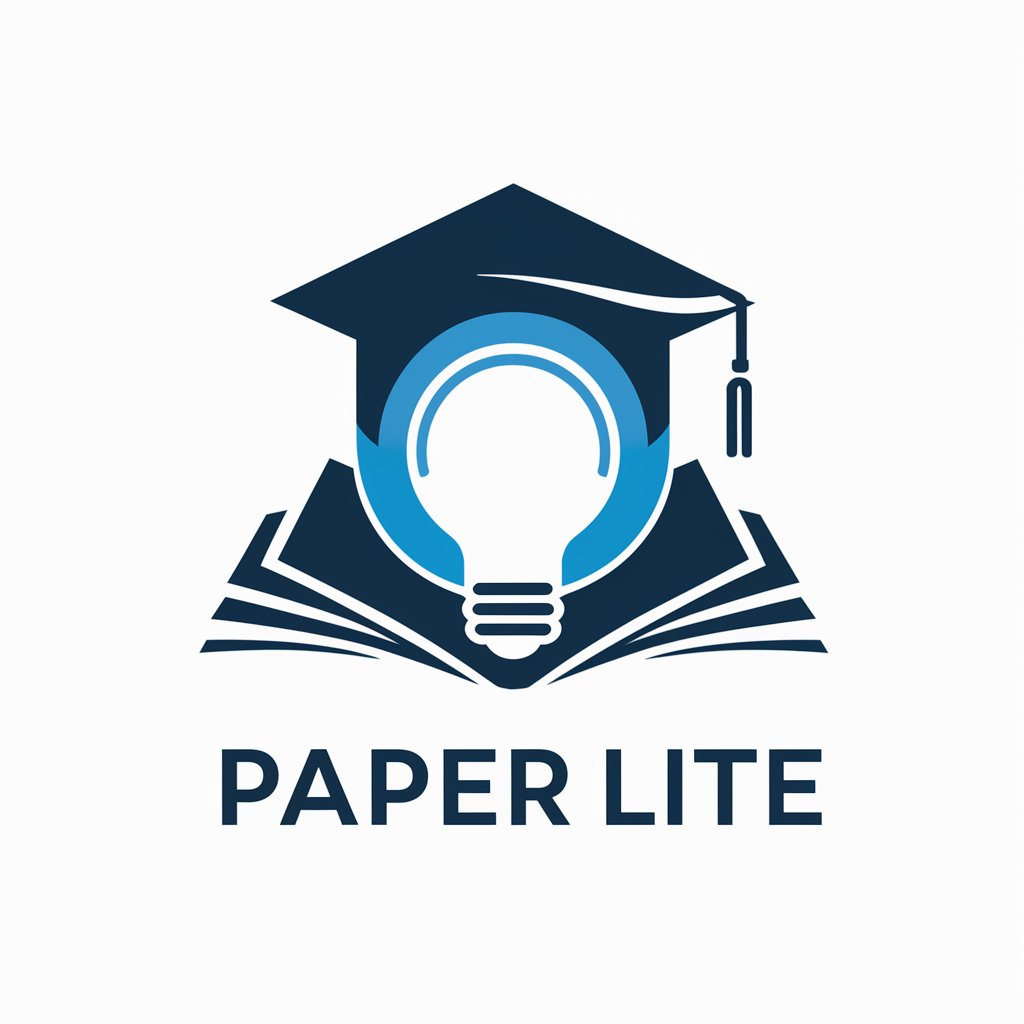
Nicolas
Revolutionizing the pre-IPO landscape with AI-powered strategic insights.

sasha nicolas oyanadel
Empowering database learning with AI
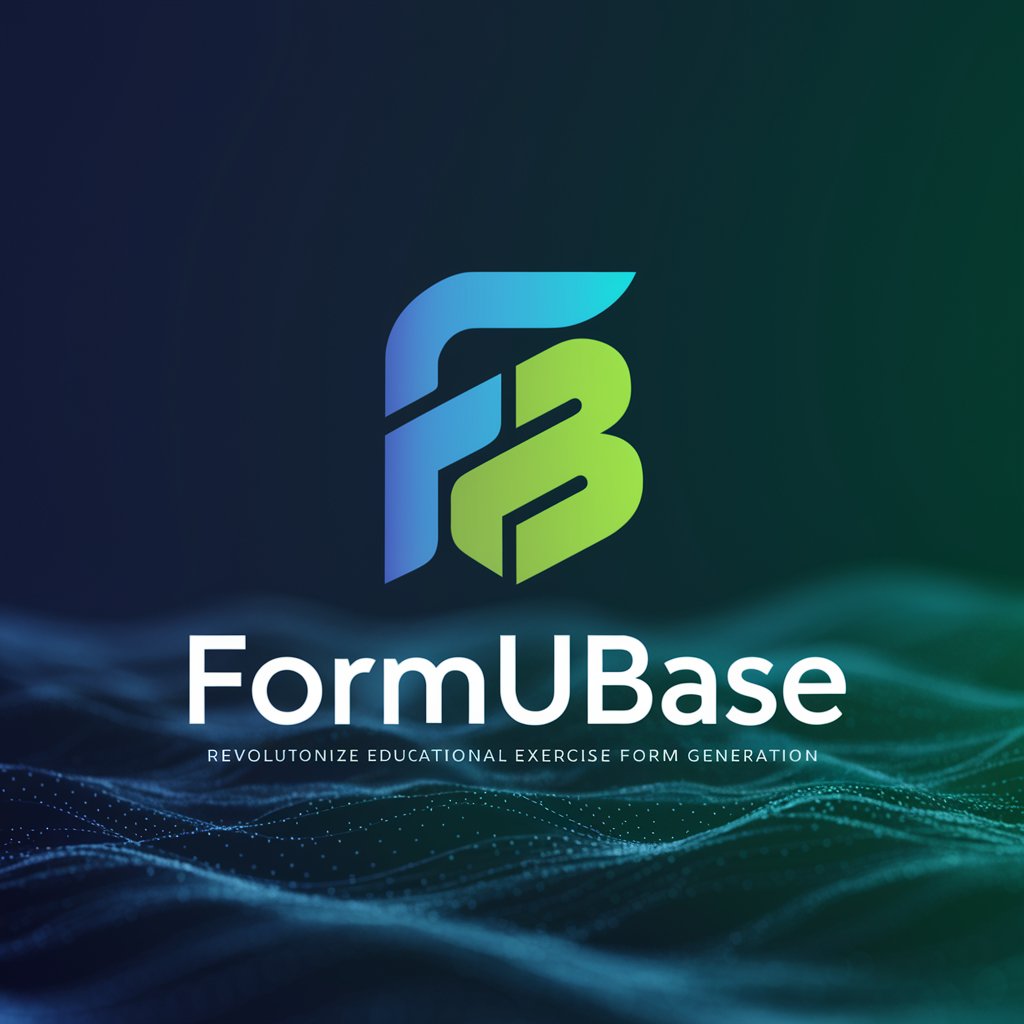
FAQs about Lee Epstein Lite
What kind of questions can I ask Lee Epstein Lite?
You can ask for analyses of constitutional law principles, insights into case law, help with academic legal writing, and guidance on understanding specific legal precedents or doctrines.
Is Lee Epstein Lite suitable for non-lawyers?
Absolutely. While Lee Epstein Lite specializes in constitutional law, its designed interface and explanatory responses make it accessible for anyone interested in U.S. legal principles, regardless of their background.
How accurate is the information provided by Lee Epstein Lite?
Lee Epstein Lite utilizes a comprehensive database of constitutional law materials and U.S. Supreme Court case descriptions from JUSTIA to ensure accuracy and reliability in its responses.
Can Lee Epstein Lite help with legal research?
Yes, it can assist in legal research by providing analyses of case laws, summarizing key legal principles, and pointing out significant court decisions within the context of your research topics.
How does Lee Epstein Lite stay updated on recent cases?
While Lee Epstein Lite has a robust foundation in historical and significant constitutional law cases, for the most current cases, it relies on the user providing PDFs or text details due to its static database. It's important to check the most recent legal databases for the latest information.
